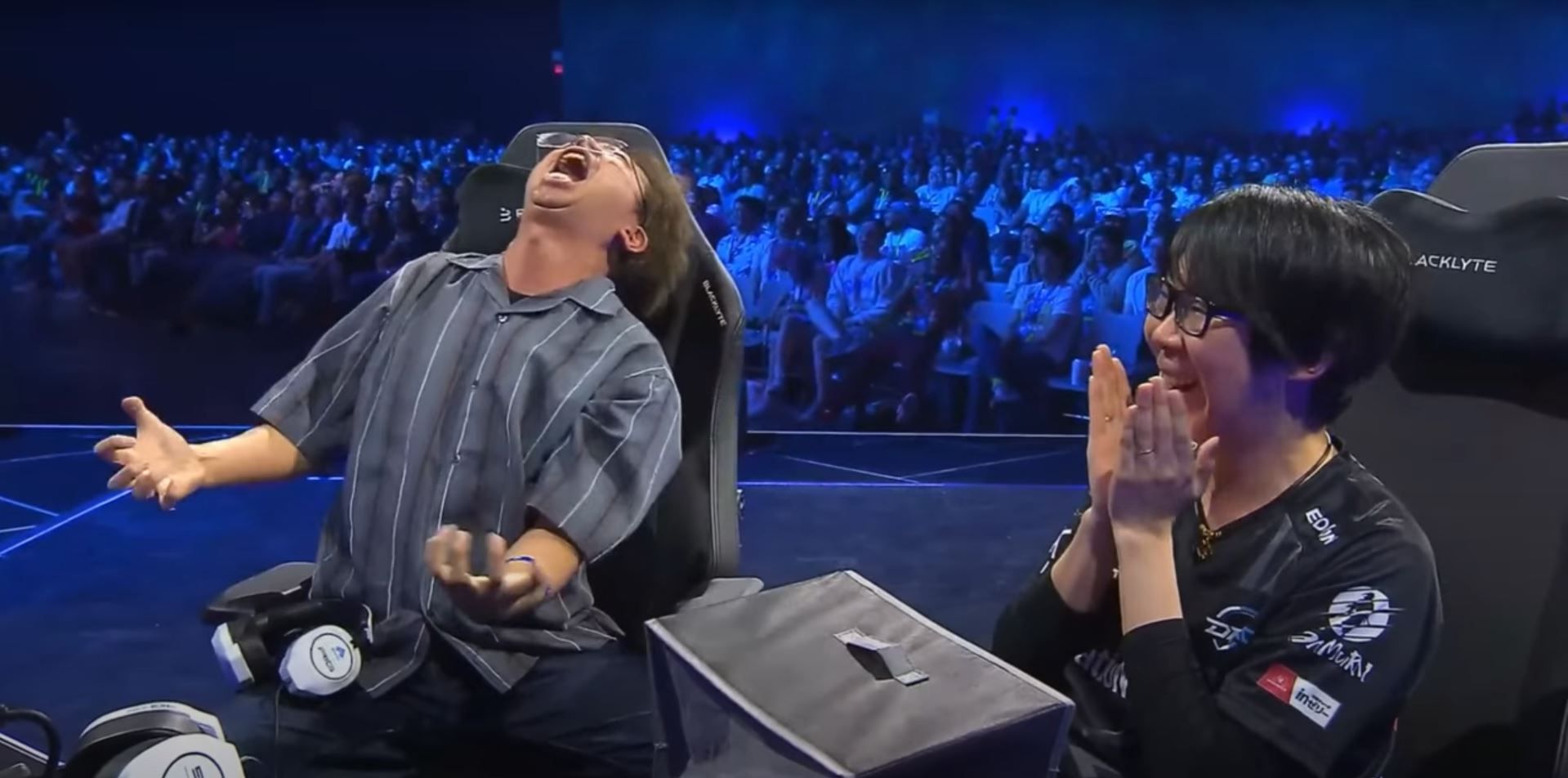Germany’s theatre landscape is very rich indeed. Many cities have publicly owned and funded buildings with their own resident companies, other cities receive, in their local theatre buildings, visiting productions that tour commercially. Finally, there is a rich scene of “Free Performing Arts” across the country, consisting of privately owned theatre companies with or without their own buildings.
The publicly funded theatres may combine several sections (Sparte): theatre, music theatre (musical, operetta, opera), dance, youth theatre, and puppet theatre. Administratively, a manager will be in charge of the entire setup, referred to as Intendant or Generalintendant. This person is appointed by the authorities in charge of the theatre, usually for a duration of three to five years in the first instance and paid independently of nationally applicable tariffs for theatre artists. Sometimes this manager is in charge only of the artistic side of the running of the theatre, sharing responsibility with a manager in charge of administration and finance, referred to as Geschäftsführer or Verwaltungsdirektor. In other cases, the Intendant is in charge both of the artistic and the financial side of the business. The Intendant may also serve as the head of one of the sections or may appoint section leaders for each one of the sections, who then have line management duties for staff working in their respective sections. Heads of sections, reporting to the Intendant, are frequently leading their section’s field of dramaturgy. In many cases where music theatre and / or dance form one of the sections of the theatre, a general music director shares responsibility for this section with the section leader.
There are three major kinds of publicly funded theatres: those funded, at least in part, by the federal state, with the remit of serving the immediate city where they’re located, but also of touring their productions in the federal state the city is located in. These are known as Landesbühne or Landestheater. Some theatres are funded predominantly by the city in which they are located. They are known as Stadttheater (municipal theatre). Most theatres in Germany are of this type. Finally, there are theatres funded predominantly by the federal state, but without the remit of serving the surrounding communities which do not have their own resident theatre companies. They are known as Staatstheater (State Theatre). They are considered the most prestigious and receive more in terms of funding. In some cases, Federal States and cities have decided to run their theatre companies and their opera and dance companies as separate administrative entities.
Some cities have publicly funded theatre buildings with their own management teams, but without their own resident companies: instead, they put together an annual season of visiting professional performances offered by Landestheater / Landesbühnen and / or professional touring companies. Each one of these receiving theatres (as opposed to producing theatres) will select from the full range of areas on offer, i.e., theatre, musical, operetta, opera, dance, youth theatre and puppet theatre.
Across the spectrum, there are producing companies or receiving houses which do not receive the bulk of their finances from the federal state or the municipality but rely exclusively on ticket sales and occasional project funding. Due to the scarcity of finances in this section of the theatre scene in Germany, management structures and working environments and conditions vary considerably from institution to institution. Many such theatres focus on one section alone, offering, for example, only dance, or only opera, or only comedy.
In 2005, there were 25 theatres in Germany that specialised in presenting comedy. They were exclusively privately owned; several were under the same management. Looking at this scene today, in 2025, i.e., twenty years on, the number is roughly the same, some have closed, some have newly opened, some managements have expanded, some disappeared. Altogether, this part of the private sector in Germany has remained surprisingly strong over the years, despite an almost unanimously voiced concern by artistic managers of comedy theatres in the early 2000s, interviewed in preparation for my 2005 book on the topic, of the need and difficulties of attracting younger audiences in view of the average perceived older age of the then majority of spectators.
Boulevard Münster was founded in 1997, by Angelika Ober, who has continued as artistic manager to this day, presenting annual seasons of four to five professional productions. Her core team consists of her sister and her husband. She directs, produces, and designs costumes. Her sister designs the sets, as does her husband, who also builds the sets. Across the years, the plays of most stalwart comedy authors have been presented here, including, in no particular order, Loriot, Marc Camoletti, Neil Simon, Derek Benfield, Frank Pinkus, Sam Bobrick, Stephan Eckel, Stephan Vögel, and many others.

Marion König and Eric Haug in Dancing Lessons [Original title: Tanzstunde]. Photo: Peter Petermann.
Mark St. Germain’s Dancing Lessons was premiered in 2014 in the USA, and under the title of Die Tanzstunde, it received its first German production at the municipal theatre in Celle, in 2016. Since then, it has become a very popular play for comedy theatres, in John Birke’s translation, and distributed by Rowohlt Theaterverlag. Leading the way was the 2018 production by Martin Woelffer of Komödie Berlin, initially with TV stars Oliver Mommsen and Tanja Wedhorn, later revived with Ingo Naujoks and Nadine Schori, which is still touring.
The male character is Ever Montgomery, professor of geoscience at the New York Institute of Technology. He is autistic, on the Asperger Syndrome scale, and is facing the challenge of having to engage in dancing at a social event at which he is receiving a major prize from the American Autism Association. He wants to take dancing lessons and has been advised by the caretaker of the block of flats where he lives to approach dancer Senga Quinn, who lives in the same block of flats. Senga’s active life as a dancer has been interrupted, at best, by a major accident: she is recovering from it, with one of her legs in an orthesis. Senga reluctantly agrees to the lessons, and the two characters get to know each other very well with and through their impediments. Many hidden truths are revealed. The play is both moving and funny, comedy with depth.
The Boulevard Münster production stood out for the very sensitive way it dealt with Ever’s condition, Asperger-autism. Each person on the spectrum will have a different set of symptoms, and for his portrayal of Ever, Eric Haug had selected a range of behaviour and speech patterns characteristic of the condition which served to make that selection recognisably Ever’s own. Other symptoms which one might expect from other portrayals of characters on the spectrum, or from documentaries about people on the spectrum, were clearly not selected. Haug’s portrayal was thus consistent. Director Eric Voss did not shy away from leaving potentially distressing aspects of the condition in the play, such as Ever hitting his head with his hands in moments when sensory input got too much for him to handle.
Most aspects of the play’s comedy had to do with Ever’s condition, especially his inability to understand metaphor. For example, when he first appears at Senga’s door, she does not want to allow him in and says something to the effect of “Come on, disappear”, to which he responds, “That is physically impossible”. Later in the first scene he notices the unusual number of packs of medication all over the place in Senga’s living room. Without thinking (another aspect of the condition) he comments: “If I have interrupted you in committing suicide, I can come back later”. When Senga has opened the door and Ever has stated his request for her to teach him to dance, she points to her orthesis and asks: “What’s wrong here?” – to which he responds: “You are modelling for medical products?”
Marion König strongly portrayed Senga’s general despair at her situation, her current inability to dance and the meagre prospect of any kind of recovery. She foregrounded the assumed toughness covering up a very helpless core: her interaction with Ever allowed for her and us to realise the depth of her fear of the future. At the end of the play, she danced with Ever and left on the note of hope that she would be successful in sorting out her life for the better. Ever, too, had grown in the relationship.
Voß, König, and Haug handled the growing intimacy between Senga and Ever with much sensitivity, allowing the delicate and fragile nature of the sexual encounter between the two to grow on the spectator ever so subtly. Touches were few and select, carefully choreographed and rehearsed so that it would not have made the actors feel uncomfortable with each other, nor did the audience feel embarrassment. What happened between the two characters was indicated, hinted at, more than graphically showing it. The scene in question ended at a point where the rest could safely be left to the individual spectator’s imagination.
Much of the detail of the interaction between Senga and Ever depends on the casting decision as to the age of the characters. If Ever is a younger man, the fact that he is a full professor at a reasonably well esteemed higher education institution gains more weight, also the context of him winning a major prize. If he is an older man, the fact that Senga will have been the first woman in his life he has sex with gains a different perspective. If Senga is a younger woman, the injury to her leg weighs much heavier, because it means the interruption or end of a career in full flow. If Senga is older, such concerns take on less importance, because one might wonder how much longer she could have continued as an active dancer on the stage anyway, or even, how she could possibly have had any career worth having as a dancer at that age.
The audience in Münster at the performance I saw, a Saturday matinee, was typical to a large extent in relation to audiences in such theatres at such plays over the decades: predominantly elderly, predominantly female, predominantly groups of two or more people, many with a subscription. They knew each other, they knew the actors from previous productions and chatted about memories of those before the performance began and during the interval. They made loud comments about the events and characters of the play to each other during the performance (“Oh, she is really run down”), gave a round of applause when a character downed a glass full of whiskey in one gulp, preceded by a loud “Prost / cheers”, and many could be overheard spending the first five minutes of the interval (after the lights on stage had gone off, the curtain had been closed and the lights in the auditorium had been turned on) wondering whether this was indeed an interval and if it was, how long the interval would last. (Other productions at these theatres in fact often find funny ways of announcing what follows as the interval and indicating its length).
This post was written by the author in their personal capacity.The opinions expressed in this article are the author’s own and do not reflect the view of The Theatre Times, their staff or collaborators.















